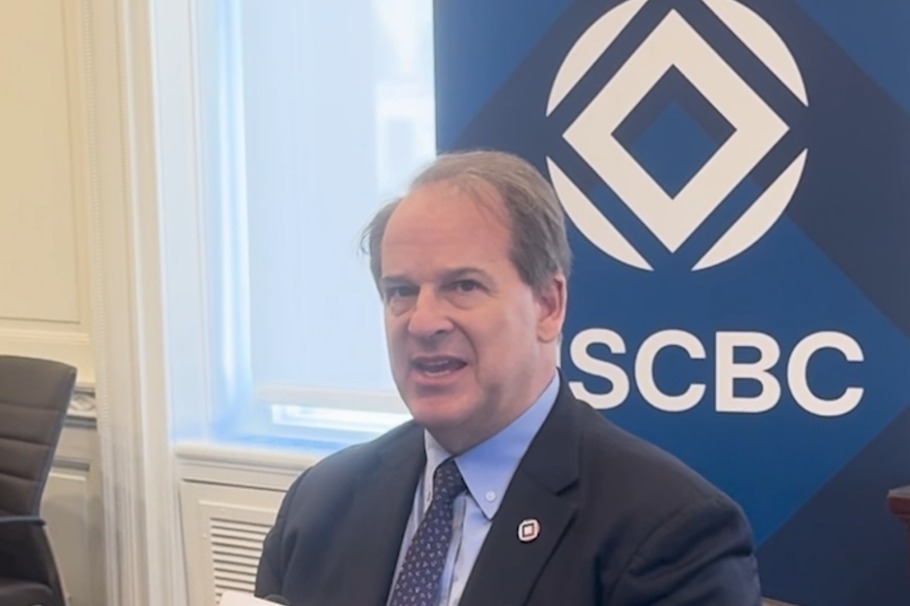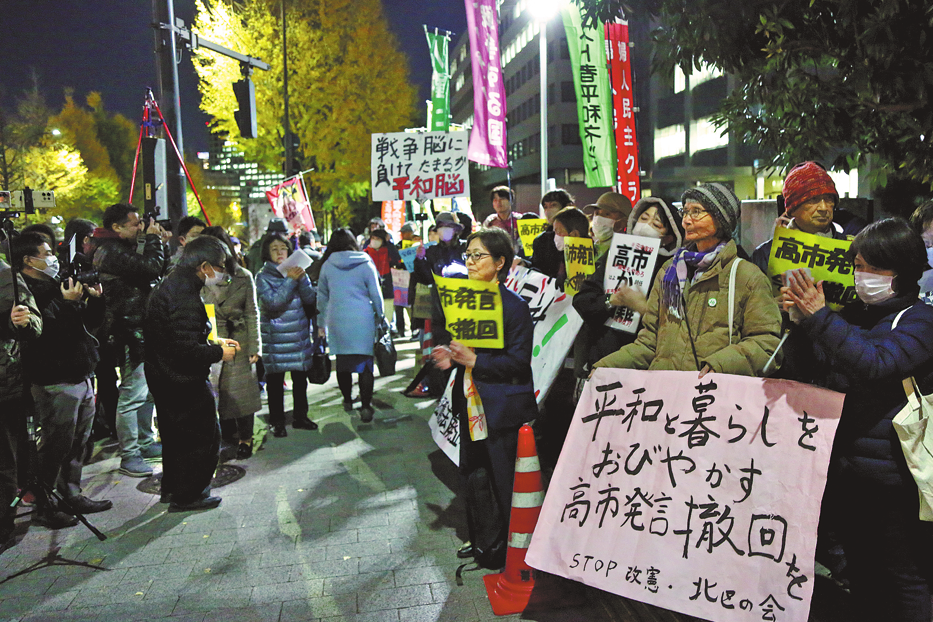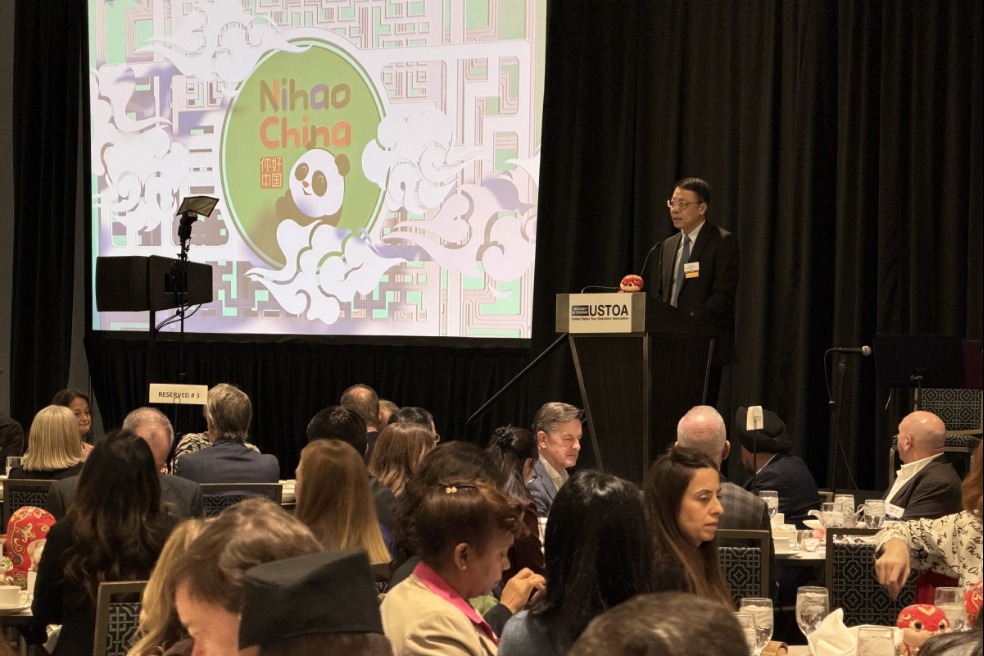Sino-Indian ties to advance on 'healthy and stable' track

China's Ambassador to India Xu Feihong said on Oct 2 that Beijing is willing to work with the Indian side to advance bilateral relations on a "healthy and stable track".
The envoy made the remarks as he acknowledged Indian President Droupadi Murmu's greetings to President Xi Jinping and people of the People's Republic of China on the occasion of its 75th National Day, which was marked on Oct 1.
"President Droupadi Murmu sent her congratulatory message to President Xi Jinping and the Chinese people for the occasion of the 75th anniversary of the founding of the People's Republic of China. China is willing to work with the Indian side to advance bilateral relations on a healthy and stable track, in accordance with the principle of mutual respect, mutual understanding, mutual trust, mutual accommodation and mutual accomplishment," Xu wrote on the social media platform X.
The envoy posted a copy of President Murmu's congratulatory message to Xi, which was dated Sept 27, along with his comment.
Murmu in her greetings conveyed her best wishes to the Chinese president, for his "personal health and well-being, and for the progress and prosperity of the people of the People's Republic of China".
"As two large neighbors with many common developmental challenges and shared regional interests, it is important that we work towards peaceful and stable relations between our two countries," Murmu wrote in her letter.
"I look forward to working with you to realize a mutually beneficial relationship and leverage our respective strengths for the benefit of people of both countries, regions and across the world," she said.
Speaking at an event in New Delhi last week to celebrate the 75th anniversary of the founding of the PRC, Ambassador Xu said that China-India relations have enjoyed "momentum of improvement" since the beginning of this year and that the two sides maintain high-level communication.
He said the two countries maintained dialogues on border issues through diplomatic and military channels.
Xu pointed out that China has become India's largest trading partner. During the first eight months of this year, bilateral trade reached $92.5 billion, marking a year-on-year increase of 4.1 percent, adding that personnel exchanges between the two countries have also increased.
Since last year, the Chinese embassy and consulates in India have issued more than 400,000 visas to the Indian people, the envoy said at the event.
Talks between Indian and Chinese diplomats have opened options for the Asian rivals to try to resolve their border dispute, India's army chief, General Upendra Dwivedi, said on Oct 1 at a defense think tank event in New Delhi.
"The positive signaling is coming from the diplomatic side," Dwivedi said.
Indian External Affairs Minister Subrahmanyam Jaishankar said last month that 75 percent of disengagement problems with China have been sorted out but the two nations "still have some things to do".
Last month, Chinese Foreign Minister Wang Yi held separate meetings with India's national security advisor, Ajit Doval, and Jaishankar.
The countries agreed to redouble efforts to ensure complete disengagement, India said after Wang met Doval in Russia's Saint Petersburg on the sidelines of the Meeting of BRICS High-Ranking Officials Responsible for Security Matters.
Talks at top diplomatic and military levels between the countries during recent months have raised expectations for an improvement in overall bilateral ties, analysts said.
The new rounds of talks, which are taking place after Indian Prime Minister Narendra Modi was in June sworn into office for a third term, have raised hopes for a long-awaited resolution of the military crisis that could end the current political stalemate in bilateral relations, said C Raja Mohan, a professor at the Institute of South Asian Studies, the National University of Singapore.
According to B.R. Deepak, a professor of Chinese studies at the Centre of Chinese and Southeast Asian Studies at Jawaharlal Nehru University, or JNU, in New Delhi, there is a noticeable trend toward the resumption of China-India people-to-people exchanges. Scholars from both countries have resumed exchanges. New Delhi is now mulling easing curbs on Chinese investments in India.
"Frequent meetings between the top diplomats of the two countries (have been) taking place in recent months. All these developments are definitely a positive signal," Deepak said.
Swaran Singh, a professor of international relations at JNU, said the "frequent interactions at top diplomatic and military levels are a positive sign of revival of normalization."
But he added that the "positive drift" remains "piecemeal", and that more should be done for normalization of ties.
The writer is a freelance journalist for China Daily.
































